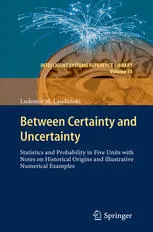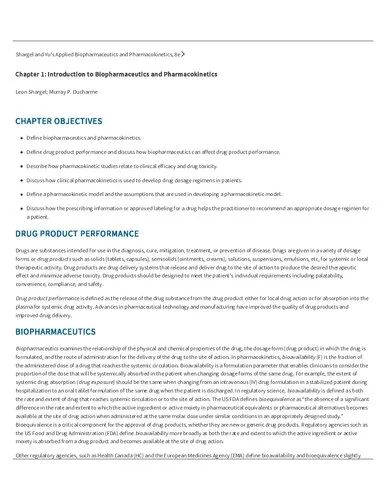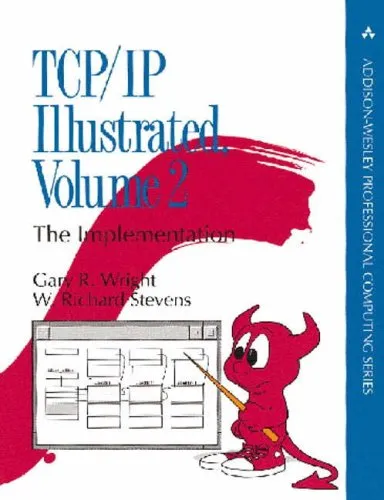Handbook of Research on Applying Universal Design for Learning Across Disciplines: Concepts, Case Studies, and Practical Implementation
4.0
Reviews from our users

You Can Ask your questions from this book's AI after Login
Each download or ask from book AI costs 2 points. To earn more free points, please visit the Points Guide Page and complete some valuable actions.Related Refrences:
Introduction
The Handbook of Research on Applying Universal Design for Learning Across Disciplines: Concepts, Case Studies, and Practical Implementation serves as a seminal resource for educators, researchers, and policymakers committed to fostering inclusive learning environments. Edited by Frederic Fovet, this comprehensive guide delves into the intersections of pedagogy, accessibility, and inclusivity, presenting Universal Design for Learning (UDL) as a transformative framework. By adopting UDL across diverse disciplines, this book highlights innovative strategies and practical applications to ensure learning remains equitable, flexible, and engaging for all students.
The book is not merely an academic exploration but a call to action. It provides educators across disciplines with actionable insights to adapt their teaching methodologies, empowering every learner to reach their full potential. From in-depth concepts and case studies to detailed practical implementation plans, the book equips its readers with essential tools to re-imagine the traditional educational framework.
Detailed Summary of the Book
At its core, this handbook explores the theoretical underpinnings, practical applications, and real-world case studies of Universal Design for Learning. UDL emphasizes flexible learning experiences that accommodate diverse learning needs, addressing the barriers faced by students due to traditional, one-size-fits-all educational methods. The interdisciplinary approach ensures that UDL isn’t confined to special education but permeates into sciences, arts, professional disciplines, and beyond.
Divided into several key sections, the book begins by establishing a foundational understanding of UDL, detailing its principles, guidelines, and their relevance in addressing learner variability. The middle sections are rich with an array of case studies from schools, universities, and other learning institutions, demonstrating how UDL has been used to great effect in different disciplines and contexts. The final sections focus on practical tips, tools, and frameworks for implementing UDL, within both synchronous and asynchronous learning environments.
What makes this book unique is its deliberate focus on interdisciplinary application. It not only highlights how UDL fits into STEM-related fields but also accentuates its potential within the humanities, arts, social sciences, and professional education. By doing so, the book unites educators from all domains in a shared vision of fostering inclusivity.
Key Takeaways
- Universal Design for Learning enhances the educational experience for all by removing learning barriers and accommodating learner diversity.
- The UDL framework is grounded in three fundamental principles: providing multiple means of engagement, representation, and action/expression.
- Practical implementation of UDL can be achieved through small, incremental changes that cumulatively transform educational spaces.
- Case studies demonstrate that UDL transcends traditional educational boundaries, finding relevance in virtually all disciplines.
- Inclusive education is not only a moral imperative but also a practical necessity to foster equity and creativity in learning environments.
Famous Quotes from the Book
The book is both thought-provoking and inspiring, featuring insightful passages that resonate deeply with educators and readers:
"Equity in education is not achieved by creating parallel systems but by designing learning environments where everyone can thrive together."
"Universal Design for Learning is not about simplifying content; it is about diversifying access so all students can navigate complexity."
"Barriers in learning are rarely within students—they exist in the structure of our curriculum. UDL helps us dismantle those barriers."
Why This Book Matters
The importance of the Handbook of Research on Applying Universal Design for Learning Across Disciplines cannot be overstated. In an increasingly diverse world, with learners from all backgrounds, abilities, and experiences coming together, inclusive education becomes a cornerstone of modern teaching. The book addresses one of the fundamental questions of our time: how can educational systems evolve to meet the needs of every learner without sacrificing excellence or rigor?
This handbook is transformative because it acknowledges that inclusivity is an ongoing process. Through its research contributions, it equips educational leaders with a perpetual drive towards equity, innovation, and resilience. Whether you are an educator looking to rethink your classroom strategies, a policymaker striving to embed inclusive practices in the curriculum, or a researcher eager to explore the boundaries of UDL, this book will prove to be an invaluable resource.
Free Direct Download
You Can Download this book after Login
Accessing books through legal platforms and public libraries not only supports the rights of authors and publishers but also contributes to the sustainability of reading culture. Before downloading, please take a moment to consider these options.
Find this book on other platforms:
WorldCat helps you find books in libraries worldwide.
See ratings, reviews, and discussions on Goodreads.
Find and buy rare or used books on AbeBooks.
1406
بازدید4.0
امتیاز0
نظر98%
رضایتReviews:
4.0
Based on 0 users review
Questions & Answers
Ask questions about this book or help others by answering
No questions yet. Be the first to ask!
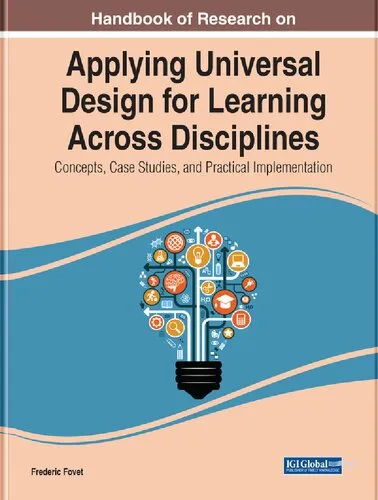
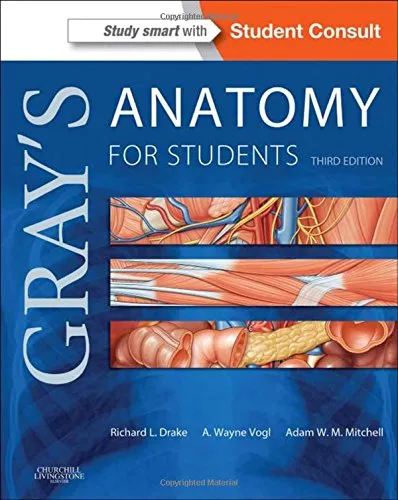
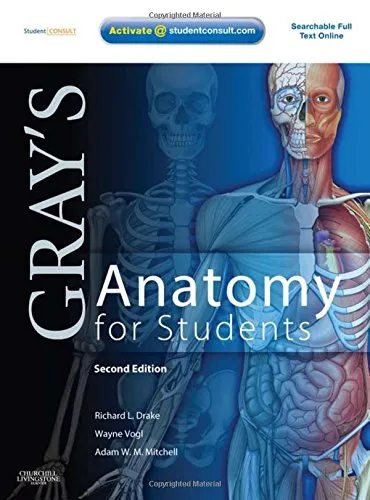
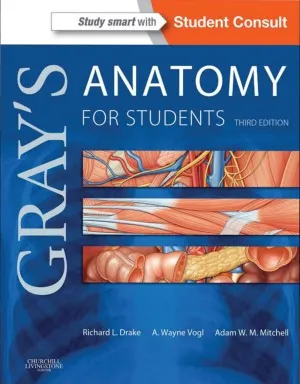
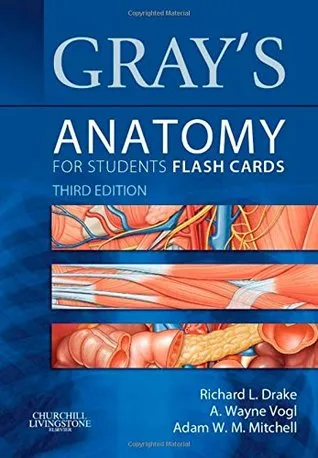
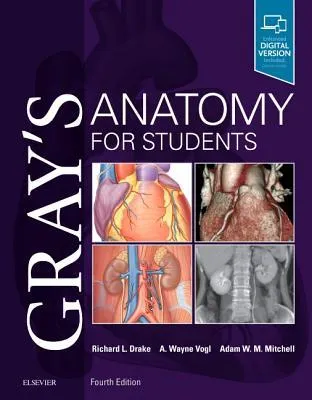
![Gray's Anatomy for Students [with Student Consult Online Access]](https://s3.refhub.ir/images/thumb/Gray_s_Anatomy_for_Students__with_Student_Con_2728_GXWaXqO.webp)


